Counseling - AI-Powered Counseling Support
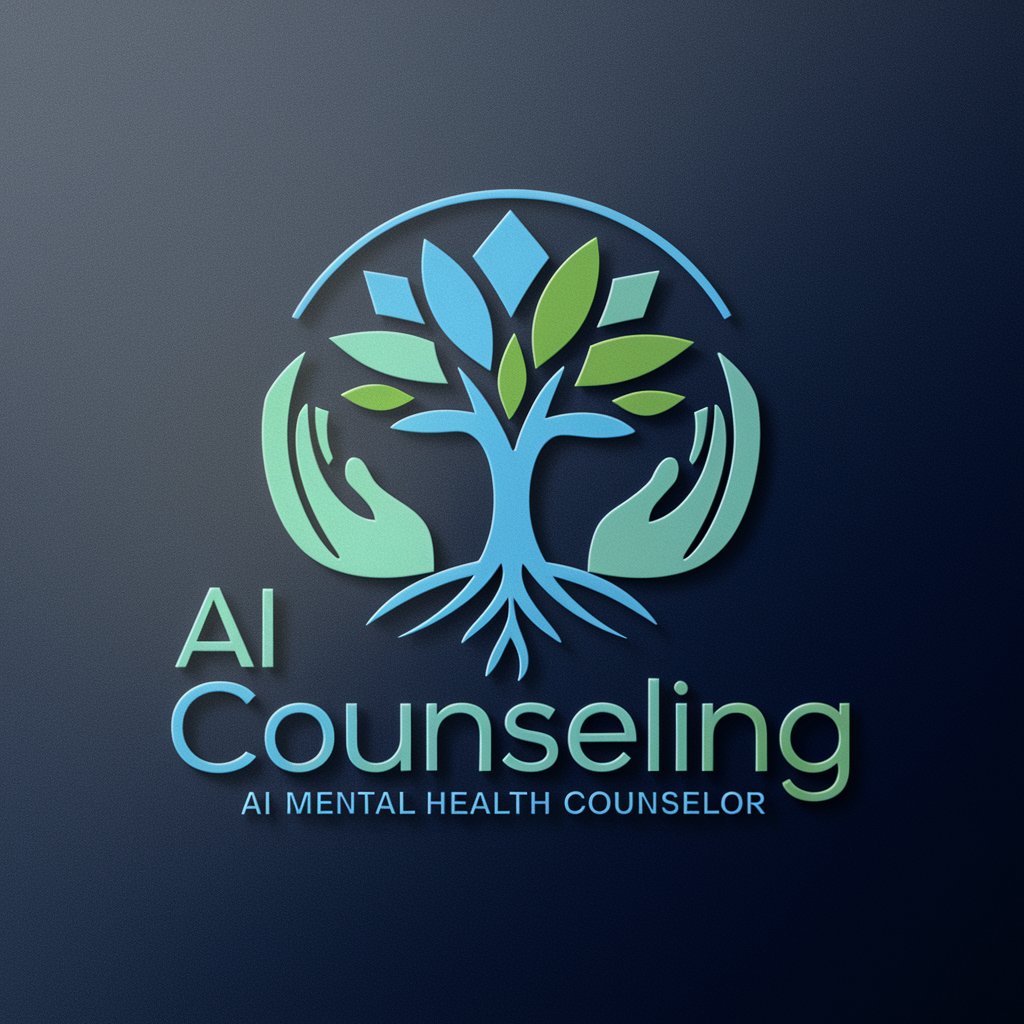
Welcome! Let's explore the benefits of counseling together.
Empowering Your Journey with AI Counseling
What are the benefits of mental health counseling?
How can counseling help someone manage stress and anxiety?
Can you explain the different types of counseling available?
What should someone expect during their first counseling session?
Get Embed Code
Introduction to Counseling
Counseling, in its broadest sense, is a collaborative effort between a counselor and a client to promote mental health, well-being, self-understanding, and the resolution of identified concerns. It is designed to facilitate personal and interpersonal functioning across the lifespan, with a focus on emotional, social, vocational, educational, health-related, developmental, and organizational concerns. Counseling encompasses a range of modalities, including individual, group, and family therapy, each tailored to the client's specific needs and goals. For example, in a scenario where an individual is dealing with anxiety, the counselor might employ cognitive-behavioral techniques to help the individual recognize and change maladaptive thought patterns. In another scenario, family counseling might be used to address communication issues within a family, employing systemic approaches to understand the family dynamics and improve interactions among family members. Powered by ChatGPT-4o。

Main Functions of Counseling
Emotional Support
Example
Providing a safe and confidential space for individuals to express their feelings without judgment.
Scenario
A person experiencing grief after the loss of a loved one may engage in counseling to process their emotions and learn coping strategies.
Behavior Modification
Example
Utilizing therapeutic techniques to help clients modify harmful behaviors or develop healthier habits.
Scenario
Counseling can help someone with an addiction to develop strategies for staying sober, using methods such as motivational interviewing and relapse prevention planning.
Cognitive Restructuring
Example
Helping clients identify and challenge negative thought patterns to foster more positive thinking and behavior.
Scenario
In treating depression, counseling might focus on cognitive-behavioral therapy to help the client recognize and alter pessimistic thoughts that contribute to feelings of hopelessness.
Stress Management
Example
Teaching techniques for managing stress effectively, such as relaxation exercises, time management skills, and healthy lifestyle choices.
Scenario
A professional dealing with burnout might learn mindfulness and stress reduction techniques to improve their work-life balance.
Conflict Resolution
Example
Facilitating the resolution of interpersonal conflicts through communication skills training and mediation.
Scenario
Couples counseling might be employed to help partners navigate disputes and improve their relationship through better communication and understanding.
Ideal Users of Counseling Services
Individuals Experiencing Mental Health Issues
People facing depression, anxiety, PTSD, and other mental health challenges can benefit significantly from counseling. It provides them with strategies to cope with their symptoms and improve their daily functioning.
Couples and Families
Couples dealing with relationship issues or families facing communication breakdowns can find counseling beneficial in resolving conflicts and fostering a healthier dynamic.
People Undergoing Life Transitions
Individuals facing significant life changes, such as divorce, career shifts, or the loss of a loved one, can utilize counseling to navigate these transitions more smoothly and adjust to their new circumstances.
Children and Adolescents
Young people struggling with bullying, self-esteem issues, academic stress, or family problems can benefit from counseling tailored to their developmental stage and specific needs.
Individuals Seeking Personal Growth
Even those not experiencing acute psychological distress may engage in counseling to explore personal values, improve self-awareness, and achieve greater satisfaction in life.

How to Use Counseling
Start with YesChat
Begin your journey by visiting yeschat.ai for a complimentary trial, which requires no sign-up or ChatGPT Plus subscription.
Identify Your Needs
Reflect on your goals or challenges to understand the specific counseling support you're seeking, such as stress management, relationship advice, or career guidance.
Engage Actively
Use the platform to express your thoughts and feelings openly. The more you share, the more tailored and effective the counseling guidance can be.
Utilize Feedback
Act on the feedback and strategies provided by the counseling tool. Applying these suggestions can help you make progress towards your goals.
Review and Reflect
Regularly review your progress and the insights gained. Reflection is key to understanding and fostering personal growth.
Try other advanced and practical GPTs
Wallet
Empowering Your Pocket with AI

Cloud Storage
Effortless cloud storage with AI-powered features

Bathroom Storage
Optimize with AI-powered storage solutions.

Self-Storage
Streamlining Your Storage Solutions
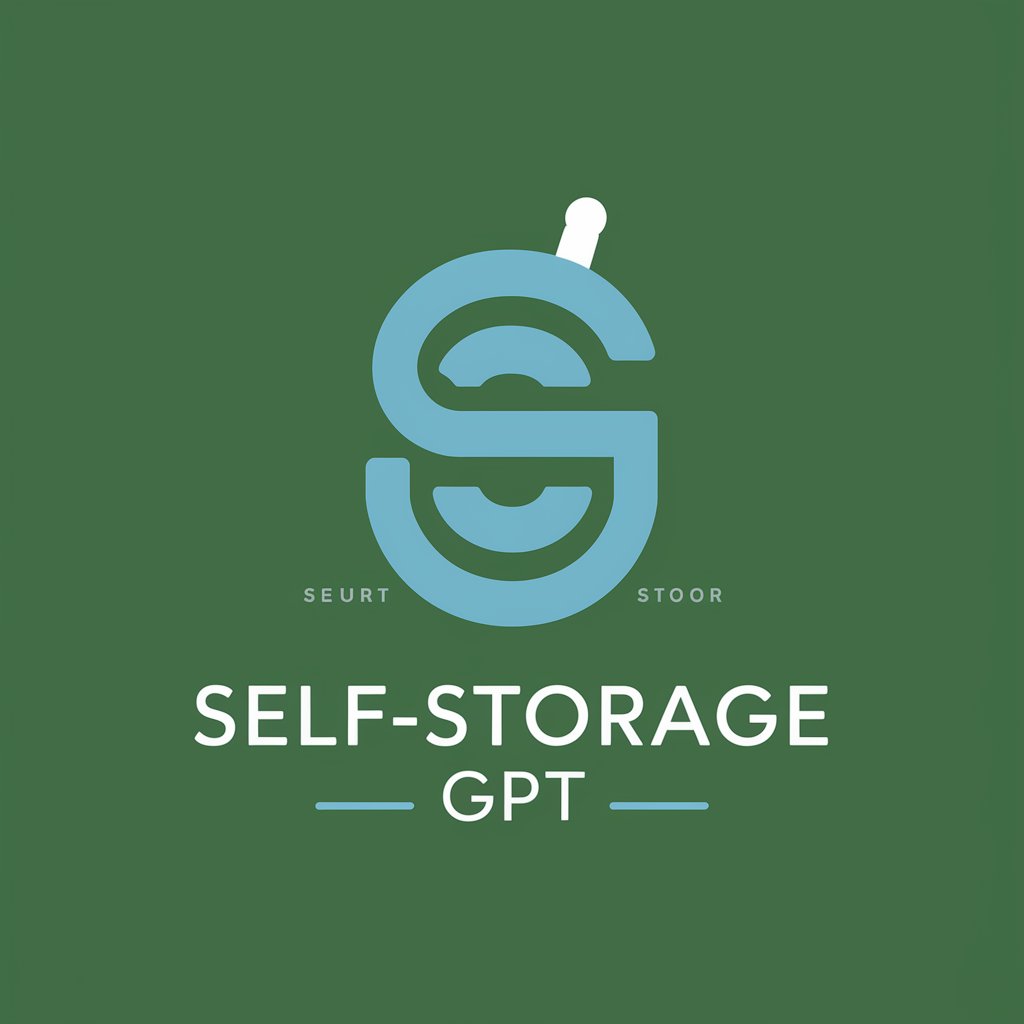
Hang On To The Memories meaning?
Capturing Life's Moments with AI

Leisure
Empower Your Free Time with AI
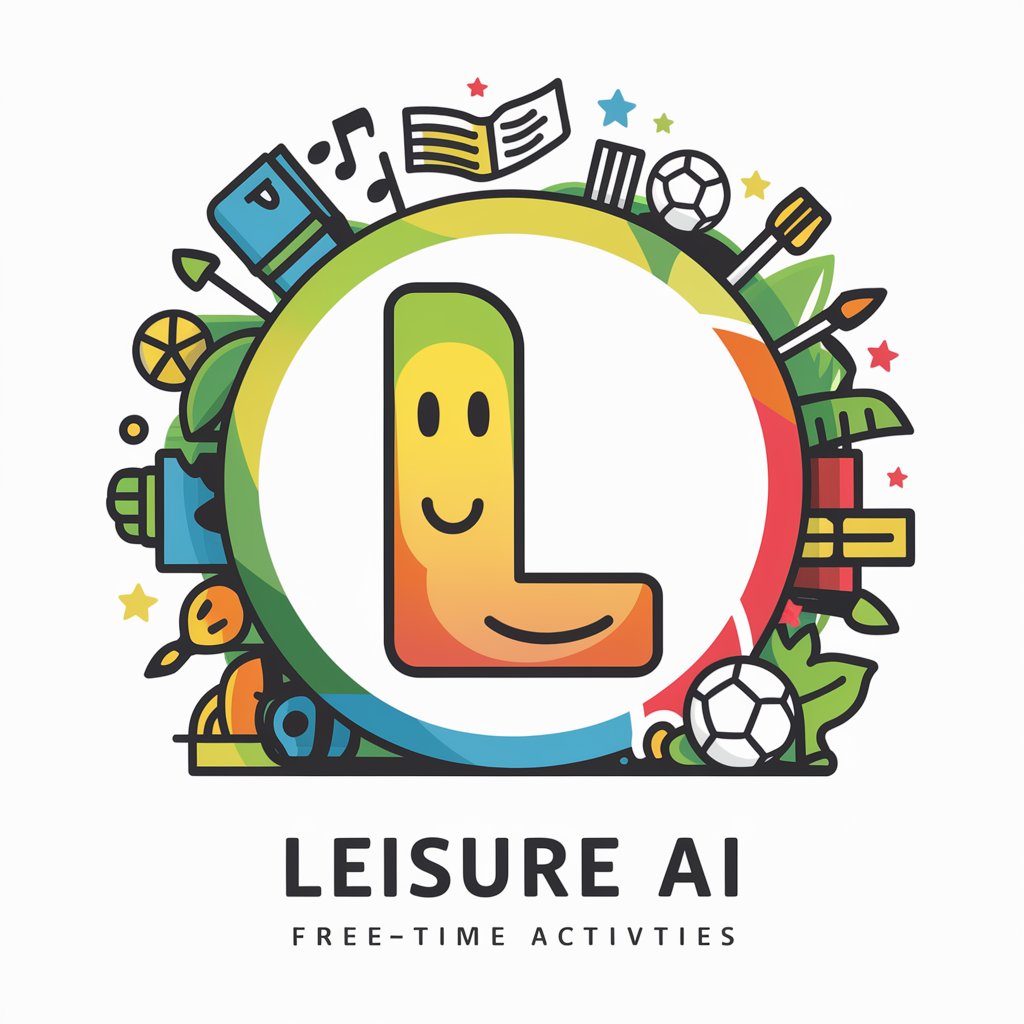
OCR health
Empowering Health Decisions with AI
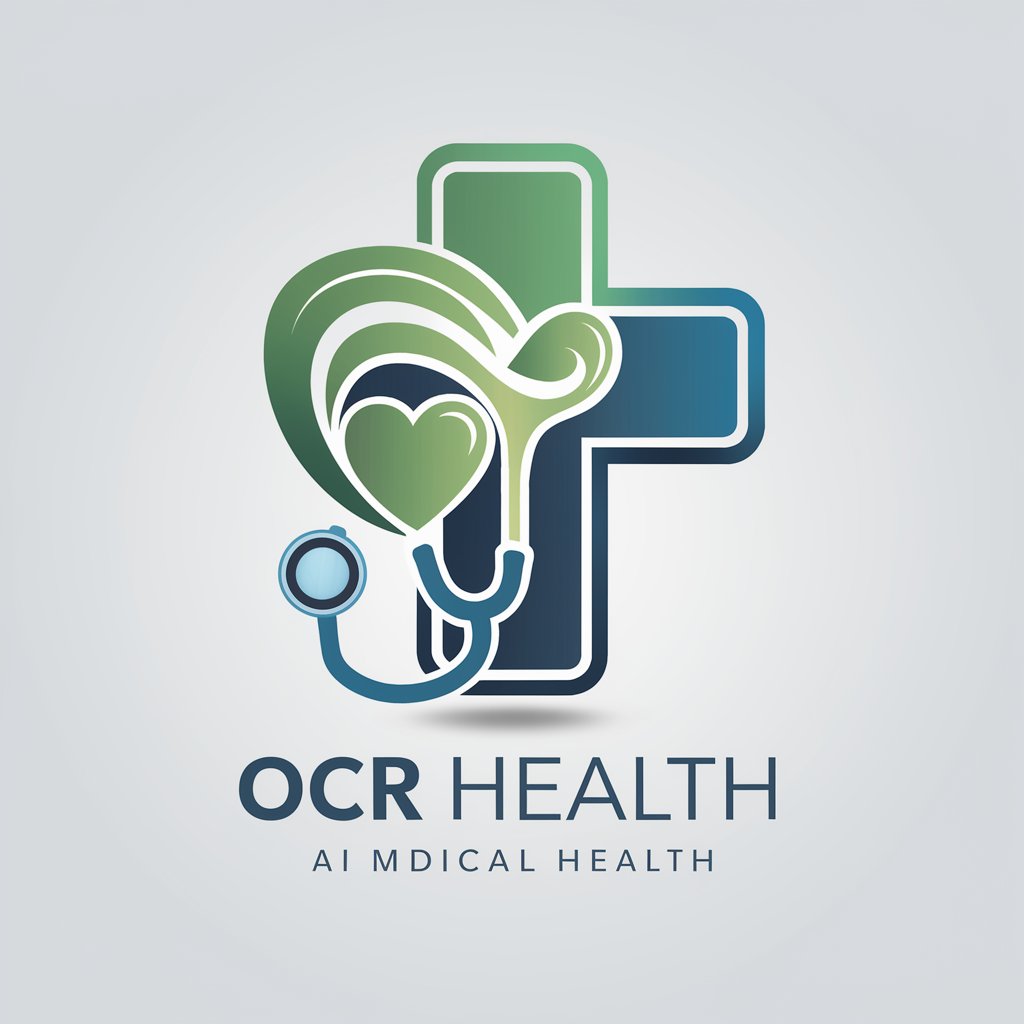
English Mentor
Enhancing English skills with AI

Climate
Empowering Climate Awareness with AI
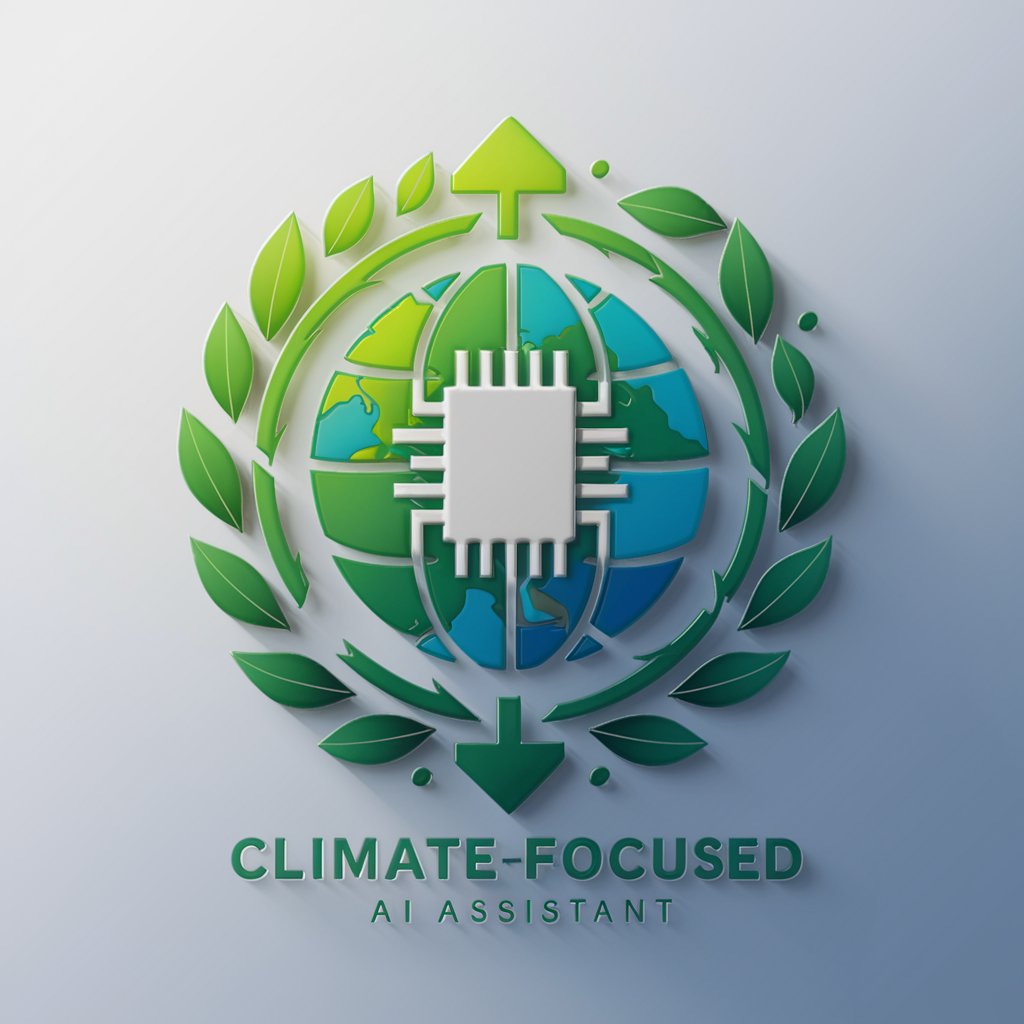
Personalized Climate Action Planner
AI-Driven Climate Action Guidance

Paparazzi
Illuminate the Stars of Cinema

Scriptwriting
Elevate Your Scripts with AI

Counseling FAQs
What types of counseling does this tool offer?
This tool provides support across a wide range of areas including mental health, relationship advice, career counseling, and stress management, adapting to the user's specific needs.
Is this tool suitable for immediate crisis intervention?
While the tool offers valuable support, it's not a replacement for professional emergency services. In acute crises, it's crucial to seek help from licensed professionals or emergency services.
How does AI-powered counseling ensure confidentiality?
AI-powered counseling prioritizes user privacy, ensuring conversations are encrypted and not shared. However, users should also practice caution and not disclose personally identifiable information.
Can this tool help with long-term mental health issues?
This tool can offer support and strategies for managing symptoms, but it's important to complement its use with traditional therapy sessions for long-term mental health conditions.
How often should I use this counseling tool for effective results?
Effectiveness varies per individual; however, regular engagement, such as weekly sessions, can provide sustained support and more impactful results over time.
